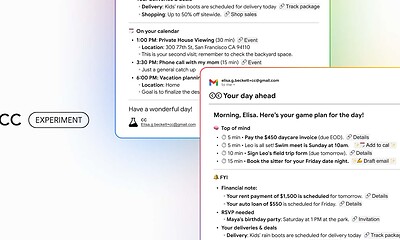How to turn off Google’s location tracking
Turning off location tracking gives you more privacy at the expense of Google’s personalized experience.

Just a heads up, if you buy something through our links, we may get a small share of the sale. It’s one of the ways we keep the lights on here. Click here for more.
In today’s age of internet advertising, we people have become the products. Many major platforms and websites, like Facebook and Google, thrive off of utilizing our data. They build profiles of individuals by tracking their movements, both physical and on the internet, and sell them to advertisers so they can better target their ads.
One of the best ways that these platforms build user profiles is by tracking physical location, straight through your smartphone. And one of the biggest platforms that do this is Google. By tracking users that are signed into their Google Account, the company is able to build substantial profiles on all of its users.
While Google certainly profits off of the data gathered from tracking its user’s physical location, it also helps give a more personalized and practical experience. Using location data, the company serves up relevant search results for businesses and locations close to you, instead of a wide variety of locations around the world.
Still, users should have the option to opt-out of this tracking, and thankfully, the company makes it relatively simple.
How to turn off Google’s location tracking completely
With nearly 1.5 billion users accounts, there’s a good chance that you have a Google account that is tracking your physical location whenever possible. Fortunately, you can turn it off completely. Here’s how you do it:


And that will turn off Google’s location tracking completely. The web & app activity option will stop data tracking while using a Google app or website, while the location history will pause any passive tracking that happens just by taking your device out with you.
Using apps like Google Maps will still require your location, but they won’t be allowed to store any data obtained during use.
As a reminder, disabling these features will greatly limit the capabilities that some Google apps have. You will no longer get relevant search results or personalized ads for businesses or locations near you. The company’s tracking is why it is able to cultivate the personalized user experience that we’ve all grown accustomed to.
Have any thoughts on this? Let us know down below in the comments or carry the discussion over to our Twitter or Facebook.
Editors’ Recommendations:
- Google now lets you delete the last 15 minutes of your search history – here’s how to do it
- Did you know Google Maps can show you how crowded your train will be?
- How to share Chrome tabs between devices
- How to transfer photos to iCloud from Google Photos































